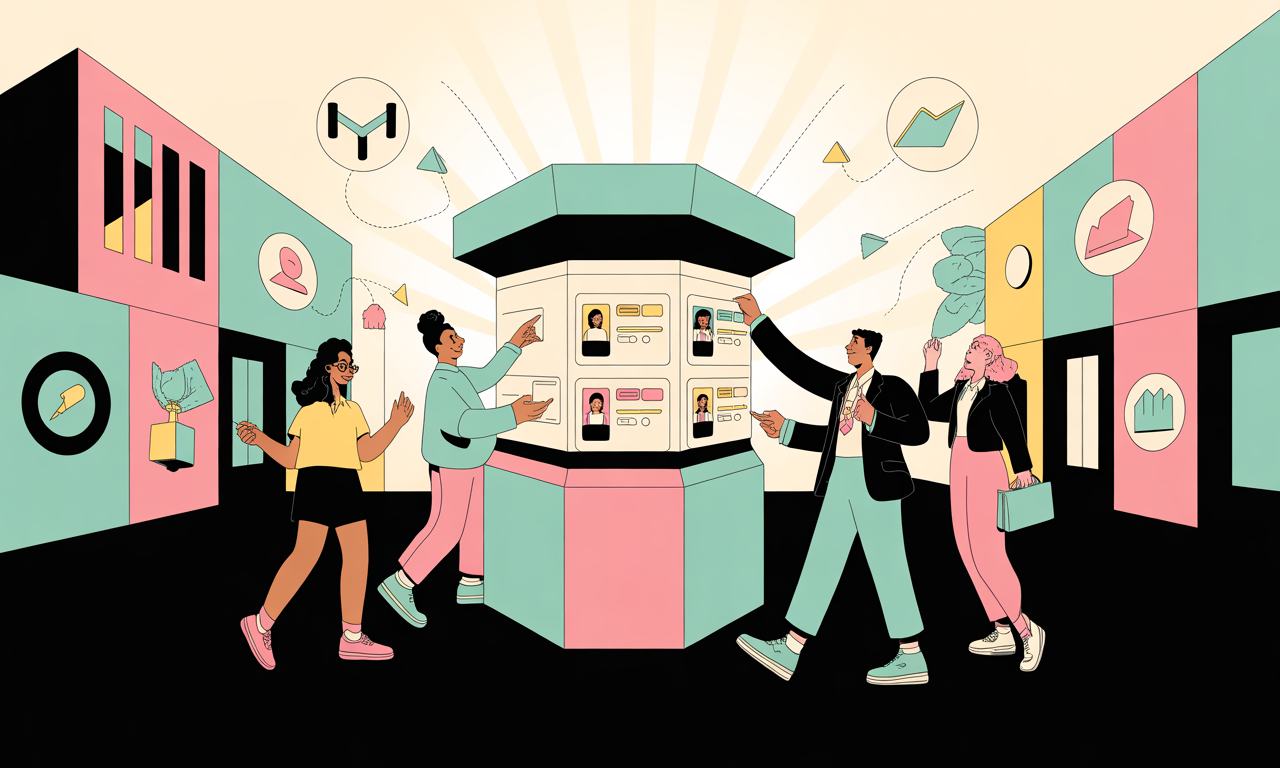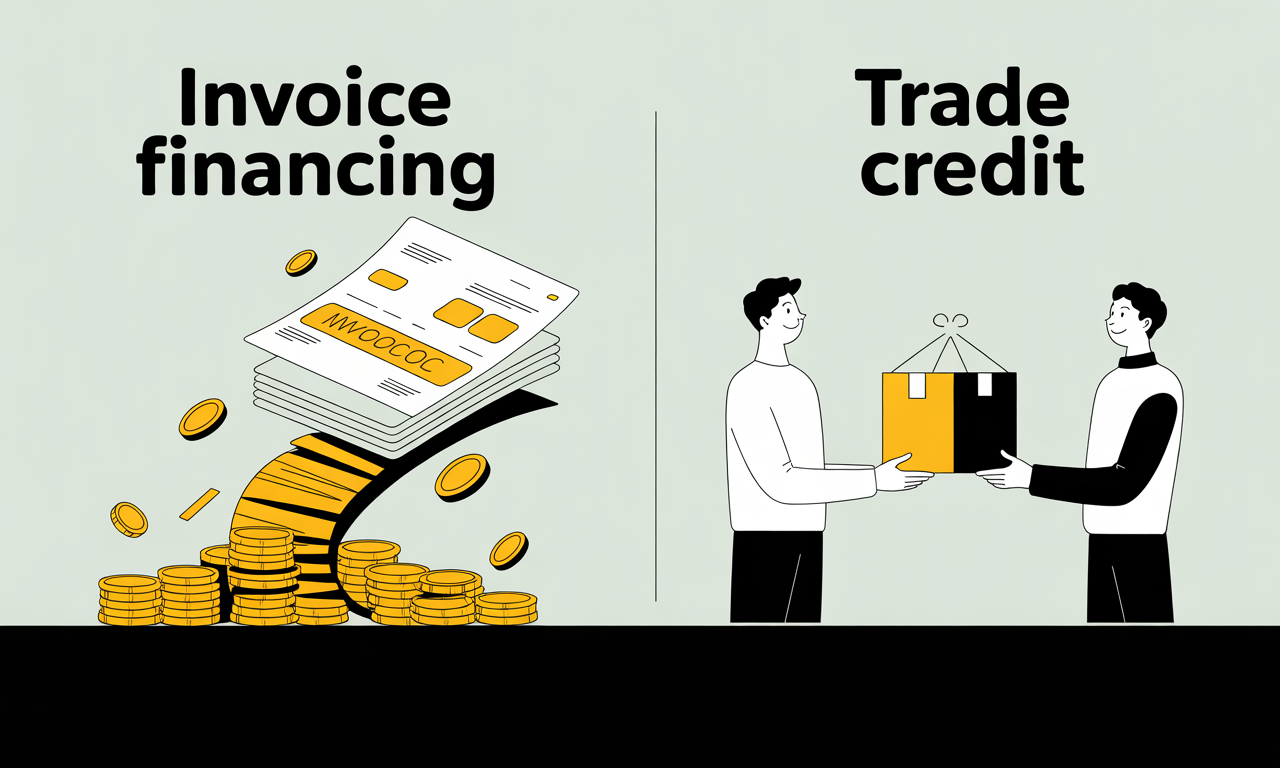
People & Culture
Queen's Gambit for Business: Truly great players think 20 moves ahead
Thu Mar 04 2021
3 min read
Entrepreneurship is hard. It's not only being outside of your comfort zone - it's living there. At Klub, the team is constantly challenged to push harder and do better. Here's a note the team received from Ishita, our COO sometime towards the end of 2020: a year that truly tested all our limits. For context, 2020 was the year in which we raised $2M in pre-seed funding; officially launched the platform; scaled from 5 employees at the start of it, to 20 at the end; funded 30+ brands; had over 1,000 patrons register on the platform, and consistently overachieved on our own targets - all while being in the middle of a pandemic!
Here's how Ishita's note read. It is reproduced in full for you to understand how Klub is set-up:
"Move fast and break things", a statement popularized by Mark Zuckerberg, is only applicable when you are spending more time moving fast and not fixing things that are breaking. If the time spent shifts such that we are spending more time fixing things, we need to recalibrate. On a side note, Zuckerberg retracted that statement in the later days of Facebook: "We used to have this famous mantra ... and the idea here is that as developers, moving quickly is so important that we were even willing to tolerate a few bugs in order to do it," Zuckerberg said. "What we realized over time is that it wasn't helping us to move faster because we had to slow down to fix these bugs and it wasn't improving our speed."
But of course, that was never made popular, since "do things diligently and well" does not seem as inspiring as a motto for passionate young people. Moreover, it absolutely does not apply to businesses in healthcare or financial services. If we are building the next TikTok you can afford to mess up a lot of things and fix them, you do not get that luxury when you are dealing with people's health or their money.
For those who are not aware, I was trained to play chess semi-professionally. Most decent chess players are trained to think at least 3-5 moves ahead. It is not easy: any 1 move you make, can have 2-3 practical responses by your opponent, and then those responses can each have 2-3 responses, and the number of options keeps going up dramatically. And the truly great players can think 20 moves ahead during the end game. The point is, no one needs to be born with it. Coaches teach it to players all the time. Like any other skill, grit is learned and taught. Having a good structure for your thoughts, planning ahead, and consistently doing so in the face of uncertainties, is a learnable skill - most things are. It will add tremendous value to you. The absence of it will make sure you are running around in circles, doing things, being busy but not 'closing'. If you have ever worked 12-14 hrs in a day, and still wondered what I achieved today, you know what I am talking about. And with all the free technology at our disposal today, unlike a poor chess player, you do not have to do it in your head. There are tools available to help. Use them. Better yourself & the way you work every single day - resist complacency.
If you have not tried to adopt any new technology to up-level yourself after Microsoft launched Office in 1990, then you will lose in your career to people who bring the same amount of talent and hard work, but are better suited to the tech-first world we are constantly becoming. Open AI launched GPT-3 last week: AI is already writing books, creating code, doing A/B testing, writing motivational speeches, conducting analysis, and doing most parts of all of our jobs faster and with more accuracy than we will ever be able to. The only thing it can't do (at least currently!) is think. We are the only ones who can 'think' (at least in the traditional sense of the word).
So, do some structured thinking and planning, and then move to the doing. And if you have set it up right, the doing can be automated for the most part as well. The push back we often get is this costs speed - but the organisational cost of you cutting corners is enormous. You are saving 1 hour of your time at the cost of multiple hours / dollars to the system. Getting work done without structure might seem faster to you, but it is not faster for the organisation. The best way is to optimise for the system rather than optimising only for yourself.
This is time to revamp! Suggestions are welcome, and some introspection is recommended.








